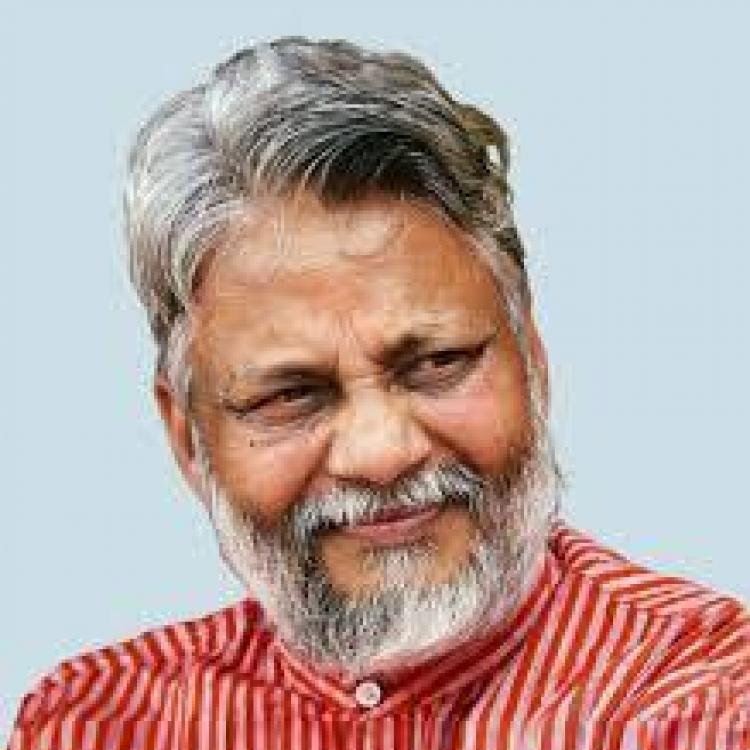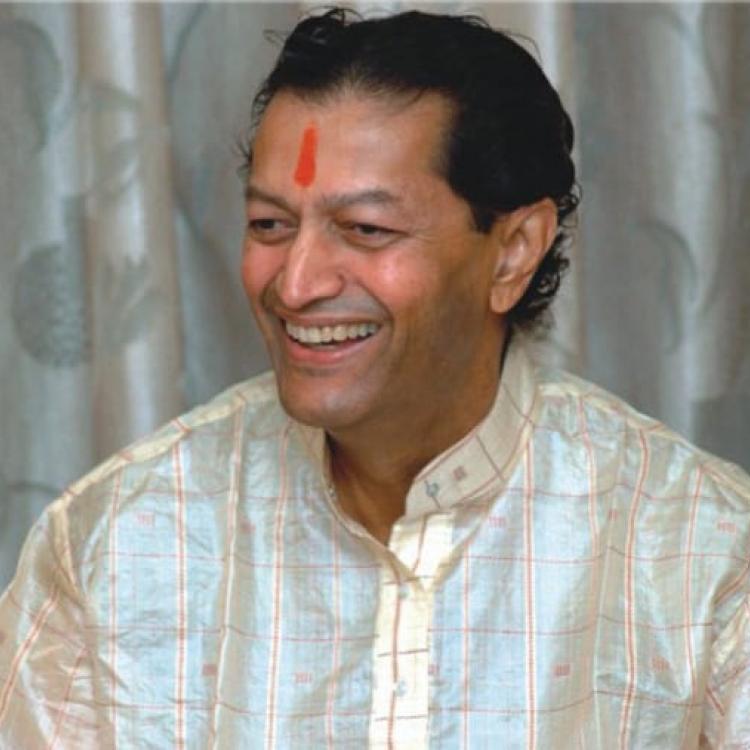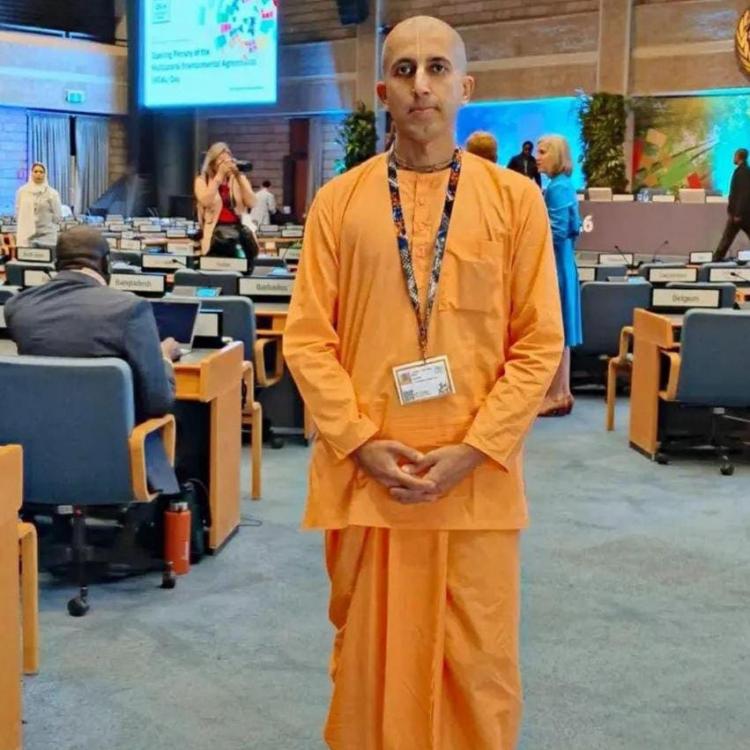Rajendra Singh, popularly known as the "Waterman of India," is a celebrated water conservationist and environmentalist whose pioneering efforts have transformed water management in India. Born on August 6, 1959, in Uttar Pradesh, he has dedicated his life to combating water scarcity through community-driven initiatives. As the founder of the NGO Tarun Bharat Sangh (TBS), established in 1975, Singh has been instrumental in reviving traditional water conservation techniques like johads (earthen dams) and rainwater harvesting systems. His relentless work has rejuvenated over 1,000 villages, revived five rivers in Rajasthan, and brought water security to drought-prone areas near the Thar Desert. His impact extends globally, earning him the Ramon Magsaysay Award in 2001 and the prestigious Stockholm Water Prize in 2015.
Singh's achievements include leading grassroots movements to restore ecosystems, mobilizing communities, and successfully advocating for legal measures to protect natural resources. His efforts led to a landmark Supreme Court ruling that banned mining in the Aravalli Hills, safeguarding water bodies in the region. Known for his innovative approach and unwavering commitment, Singh has also championed reforestation, organized water parliaments (Pani Panchayats), and influenced policy through his membership in the National Ganga River Basin Authority. Recognized as one of "50 people who could save the planet" by The Guardian in 2008, Rajendra Singh continues to inspire global action on sustainable water conservation and climate resilience.
- 9 views









